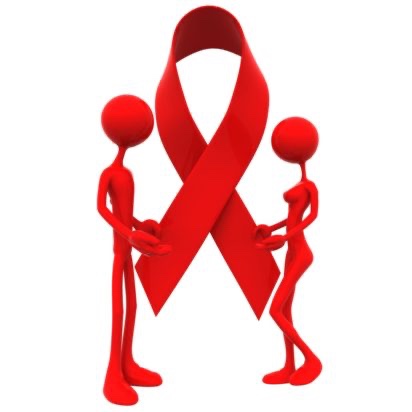With over 1.9 million people living with the Human Immune Virus (HIV) in Nigeria, stakeholders have said that the wide use of HIV self-testing kits would address the challenge of loss of privacy as well as reduce inconvenience among others in the curbing of the disease.
Statistics show that out of the 1.9 million people living with HIV in Nigeria, only 1.6 million were receiving treatment, and as of 2019, 53,000 had died from HIV/AID related deaths.
Reports have also shown that many Nigerians don’t know their HIV status, increasing the risk of transmission, hence the need for HIV self-testing.
Since 2003, the Nigeria Business Coalition Against AIDS, NIBUCAA, has maintained its quest against HIV/AIDS, and to help 95 per cent of the total population of Nigeria to be aware of their HIV status.
At a capacity building and awareness workshop on HIV Self-Testing organised by NiBUCCA in partnership with the International Labour Organisation, ILO, the Senior Programme and Evaluation Officer, NiBUCAA, Damola Araoye, described the current burden of persons living with HIV in Nigeria as worrisome, adding that NIBUCCA has reached about 2000 employees since November 2021.
Araoye said that self-testing addresses the challenge of loss of privacy and reduces inconvenience, missed work opportunities, financial barriers and other opportunity costs related to the conventional testing centres.
She explained that through the HIV self-testing for the private sector project, NiBUCAA, with support from the ILO is targeting the reduction of HIV infection through self-testing, capacity building and awareness creation among the private sector workforce in Nigeria.
She disclosed that the HIV test kit, which is safe, accurate and easy to use, is being given free to the organised private sector, out of belief that an HIV-free world is possible if everyone works together to end discrimination and inequality.
The project, she noted, seeks to build the capacity of journalists on communicating the importance of HIV self-testing to the general public; storytelling for impact projects and leveraging the media to create awareness on HIV/AIDS.
She noted that statistics have revealed that over the years more women have come out to test for HIV against men who are often reluctant to know their status.
She said for HIV self-testing, people will only go for a confirmation test at a conventional health facility for the purpose of record-keeping and further medical follow-up as the case may be.
In Nigeria, she said only 57 per cent of adults were on antiretroviral therapy, while 35 per cent of children are on the therapy. hence, it was necessary for people to test themselves so that they can ascertain their status and start treatment on time if they were found to be HIV positive.
“HIV self-testing kit is a technology that allows you to know your HIV status at your own convenience and in the comfort of your home”
“We understand that the people in the corporate workforce are very busy and may not have the chance to go for the conventional testing; so that is why we are making the self-test kit available to them”
“Counseling is an integral part of the whole HIV testing process. We are aware that people need help; that is why we usually train them on how to use the self-test kit before we distribute it to them and then we have in-house counselling experts who the employees of the companies that we are working with can speak to”
“In-house experts are also available for post-testing counselling in case the results turn out to be positive. The mental health of people, when faced with the possibility of having HIV, is highly unstable that is why NIBUCAA does not joke with counselling at any point”
The Head of Communications and External Affairs, NIBUCAA, Mojola Aturamu, said good counselling at all points was necessary in the course of the use of the self-testing kit, calling for prioritisation of HIV/AIDS despite the rise in other infectious diseases.
Vanguard
